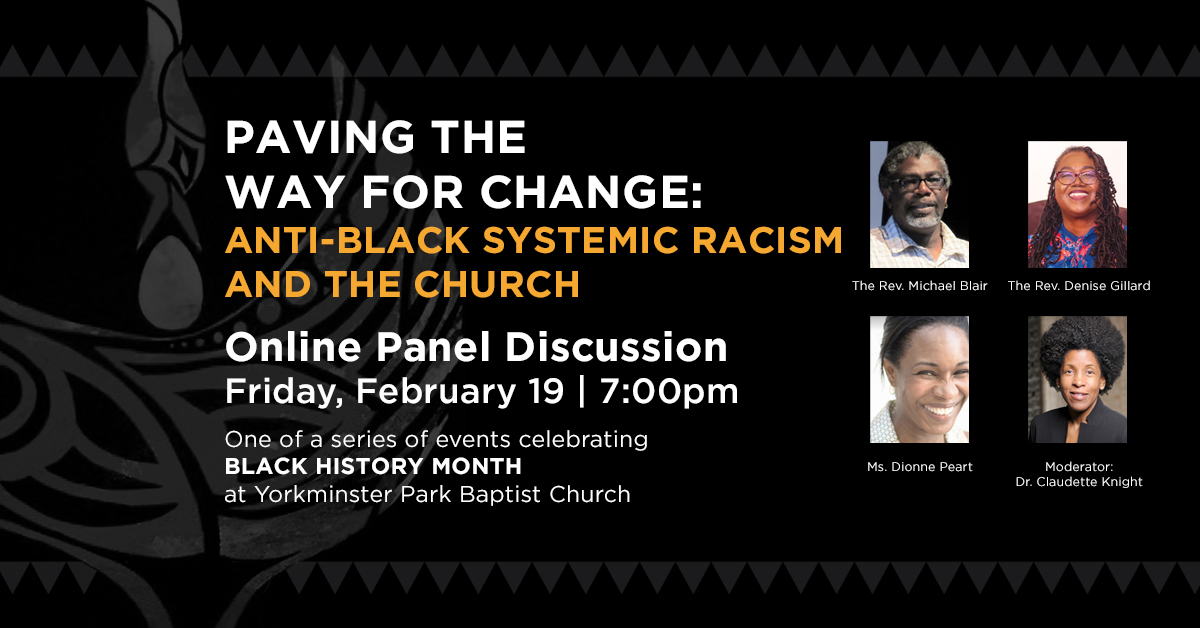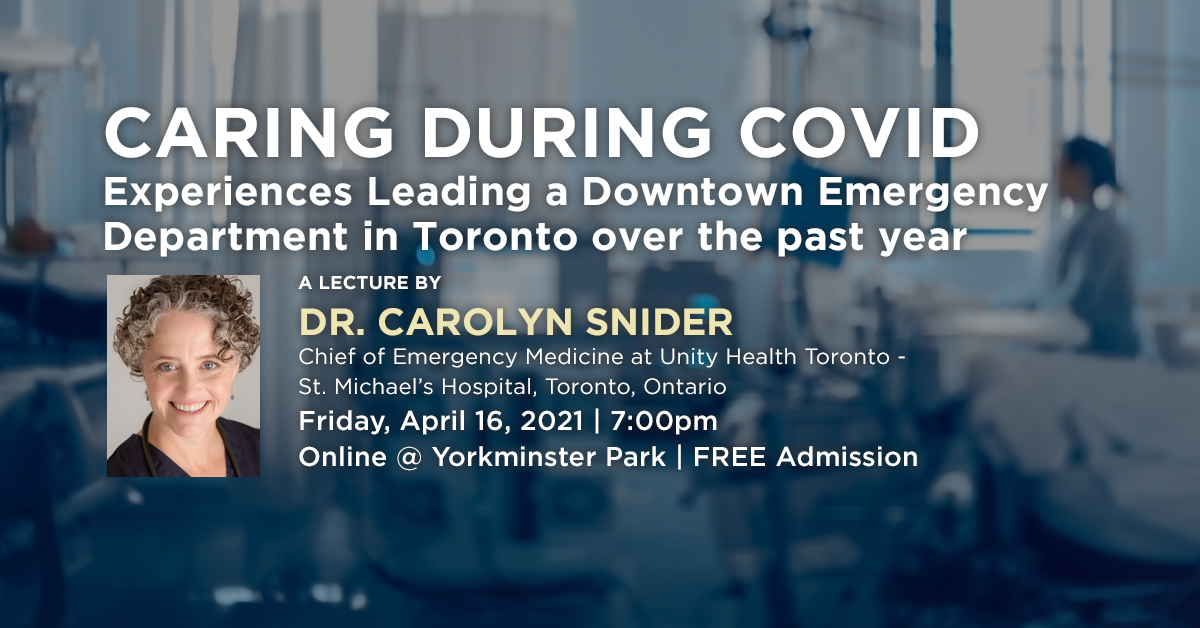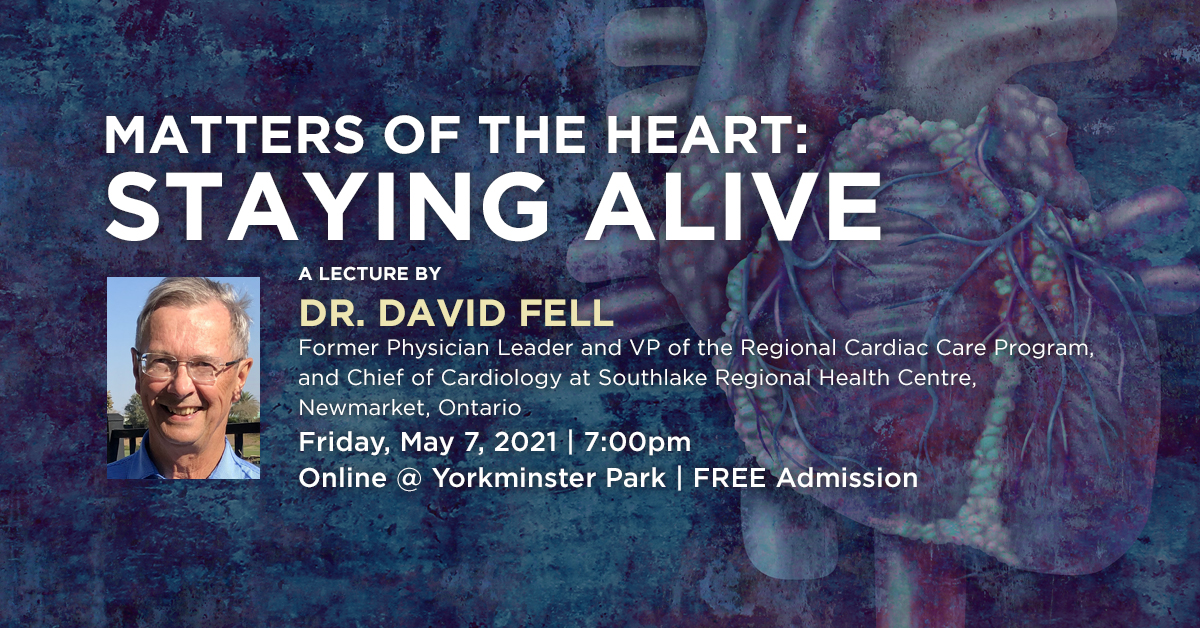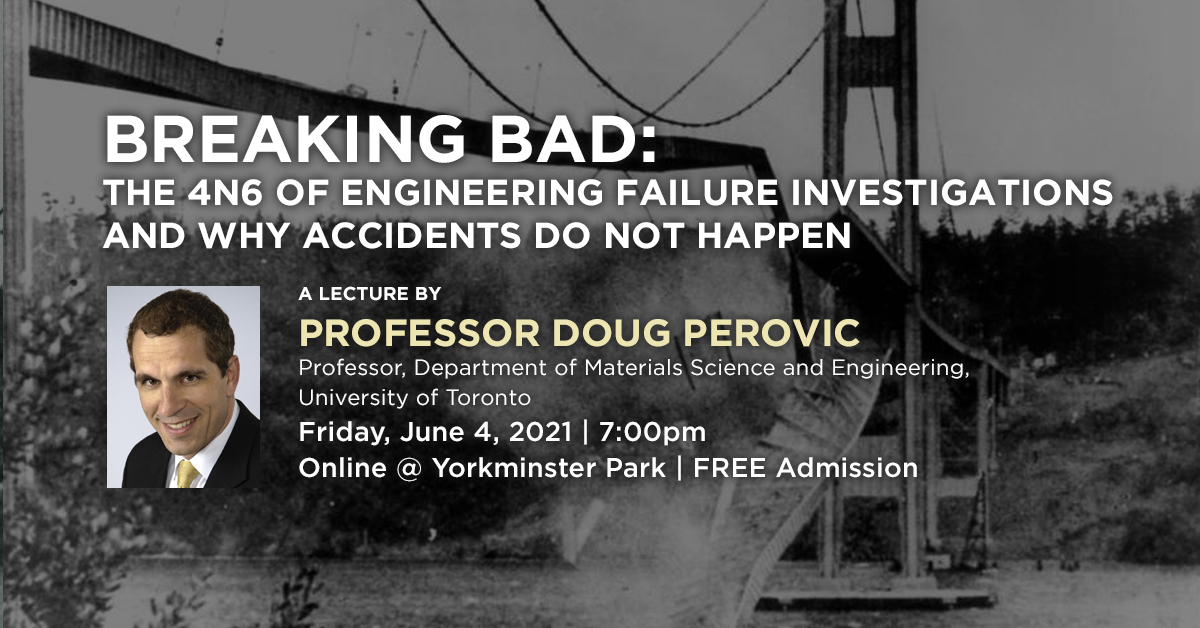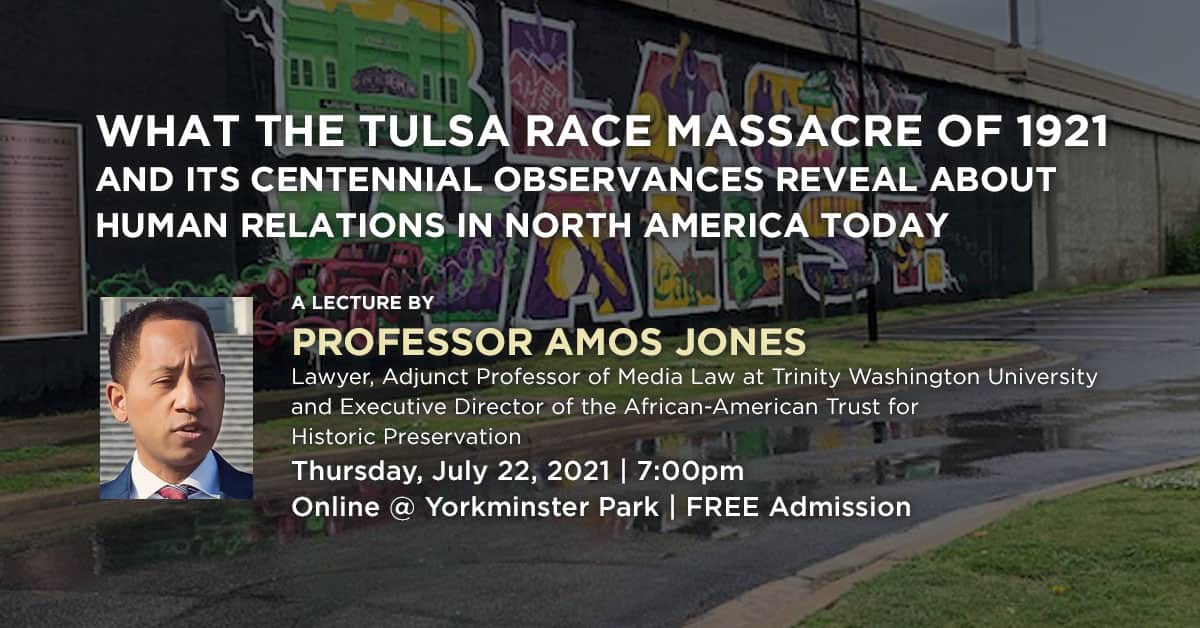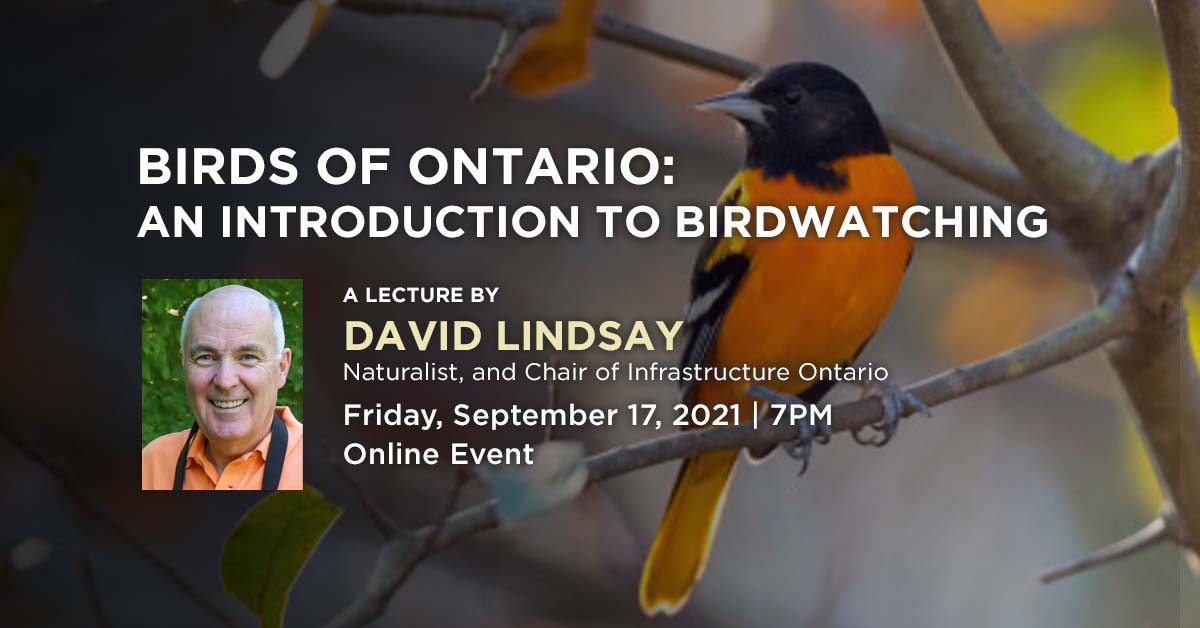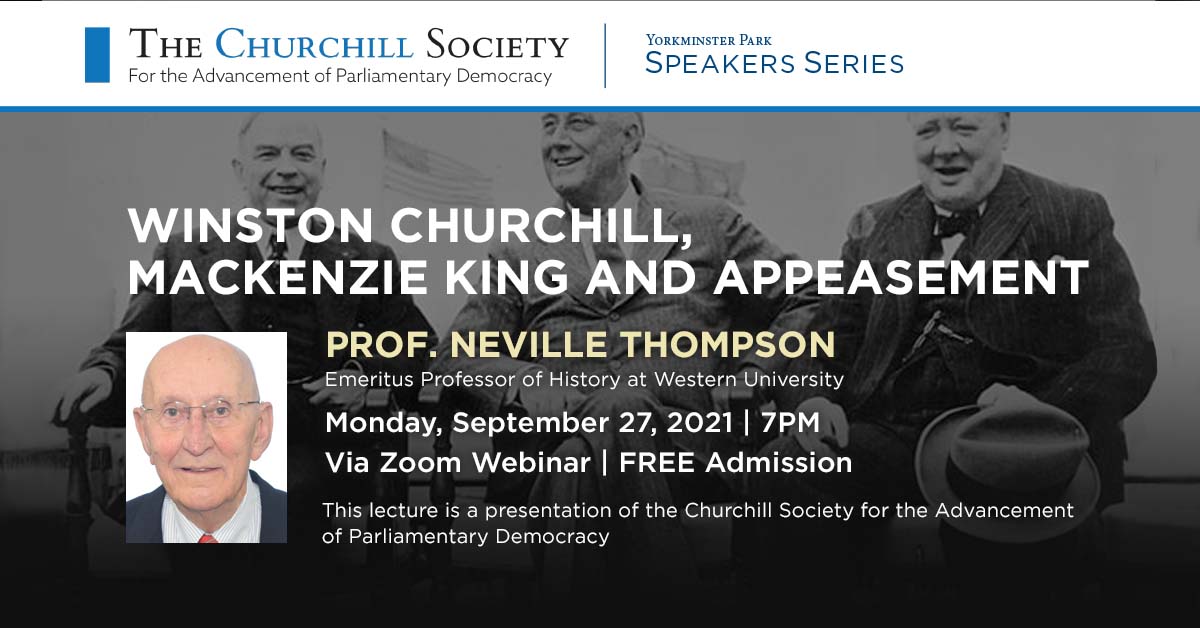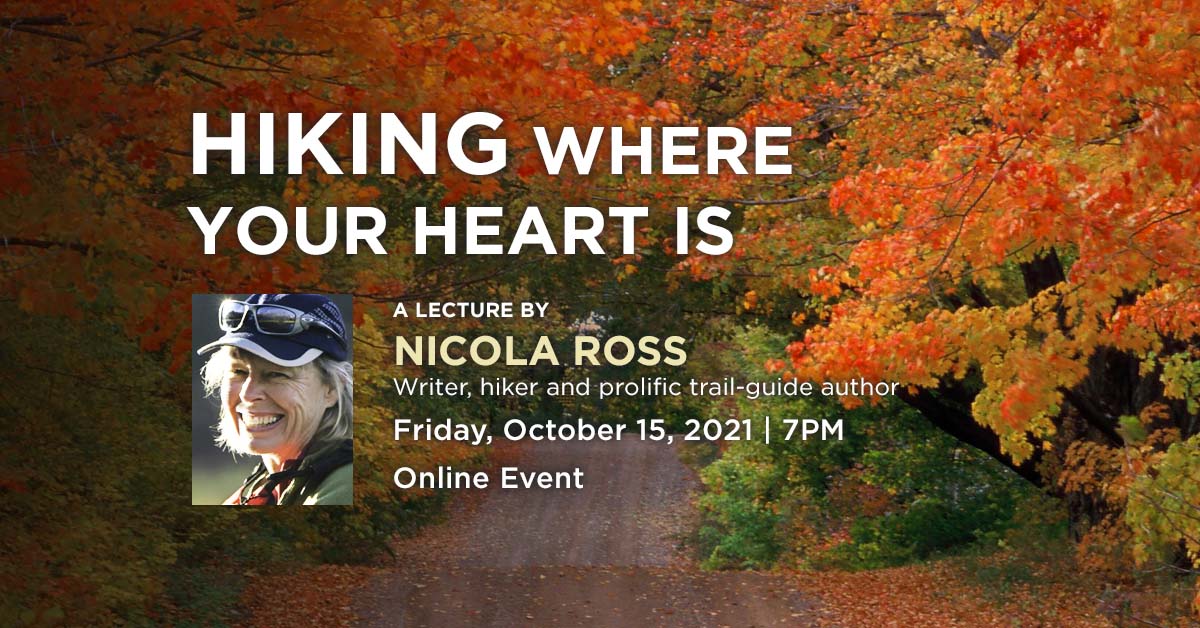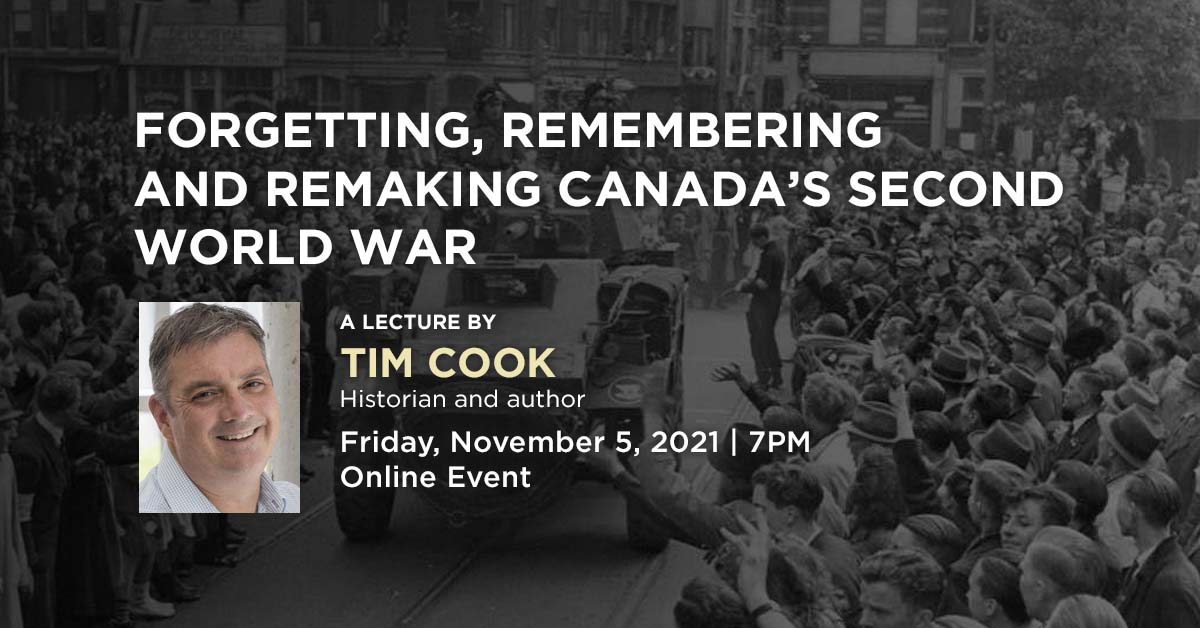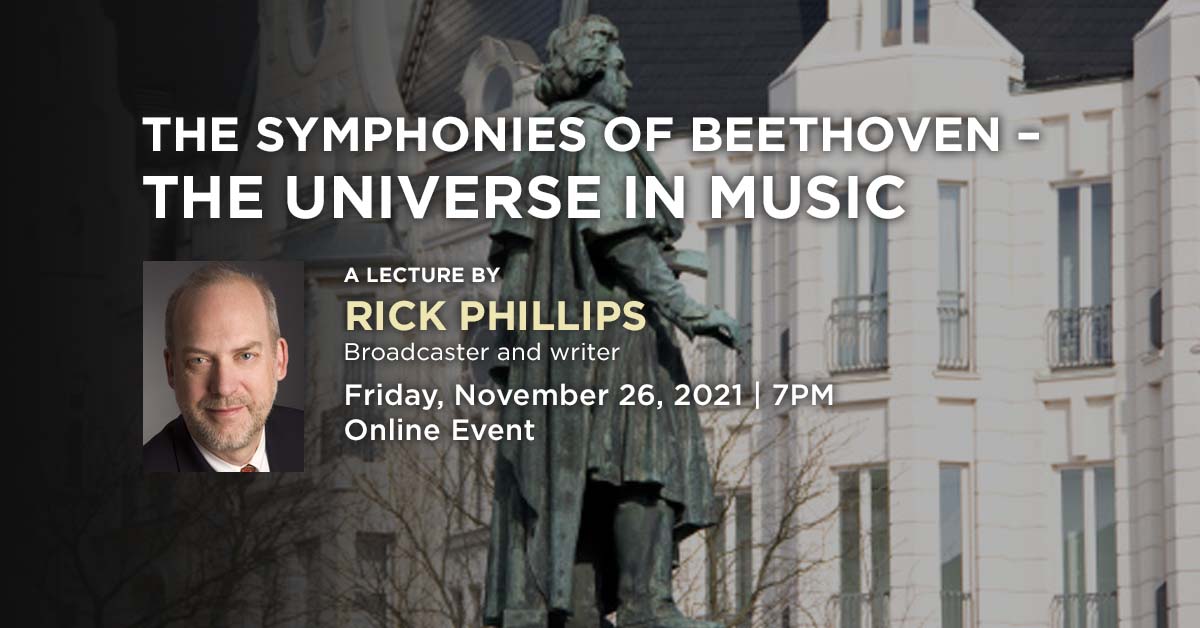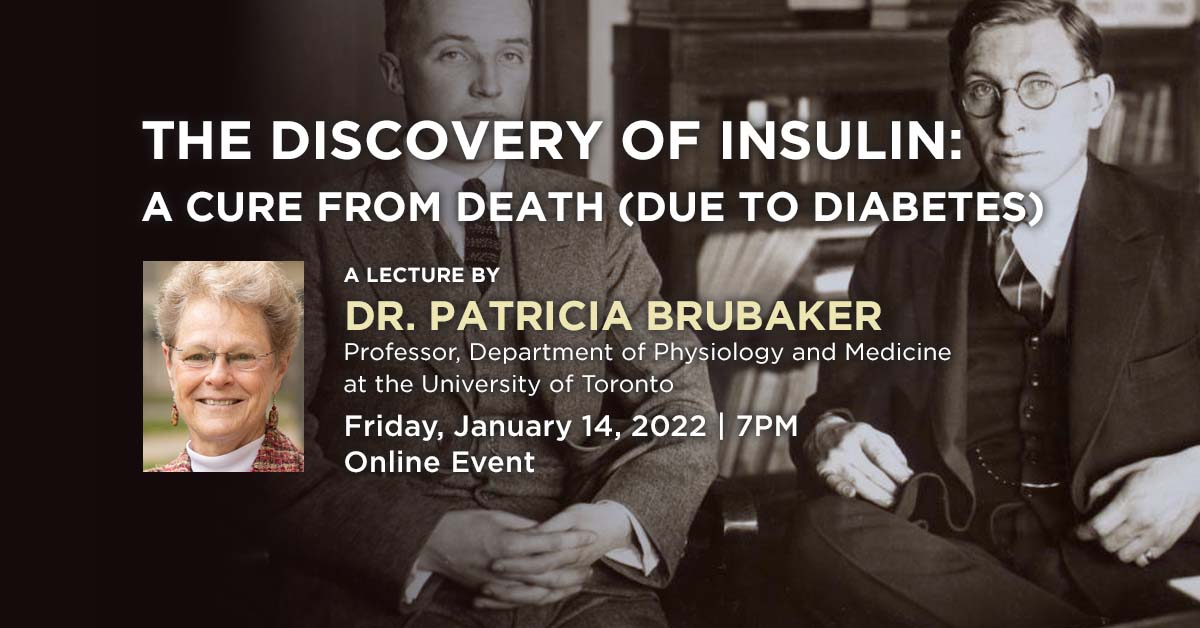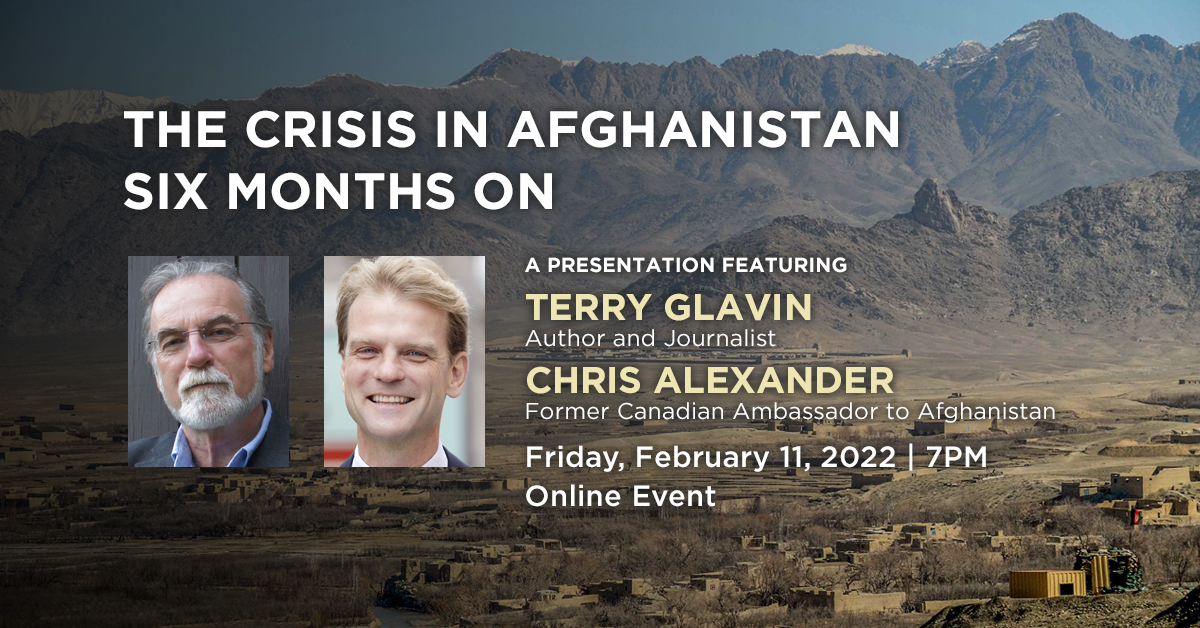Paving the Way for Change: Anti-Black Systemic Racism and the Church
Cameron Hall 1585 Yonge Street, TorontoAnti-Black systemic racism is defined as the policies and practices rooted in Canadian institutions including education, health care, and justice that mirror and reinforce beliefs, attitudes, prejudice, stereotyping and/or discrimination towards people of Black-African descent. The term ‘Anti-Black Racism' was first introduced by Dr. Akua Benjamin, a Ryerson Social Work Professor as part of her PhD thesis. This moderated panel discussion will focus on illuminating the ongoing reality and impact of anti-Black systemic racism on Black/African/Caribbean Canadians with focus on understanding the intersectionality of the church and faith. The discussion will be candid and aspires to not only inform but also to serve as a catalyst for further dialogue and action to dismantle all forms of anti-Black systemic racism.


